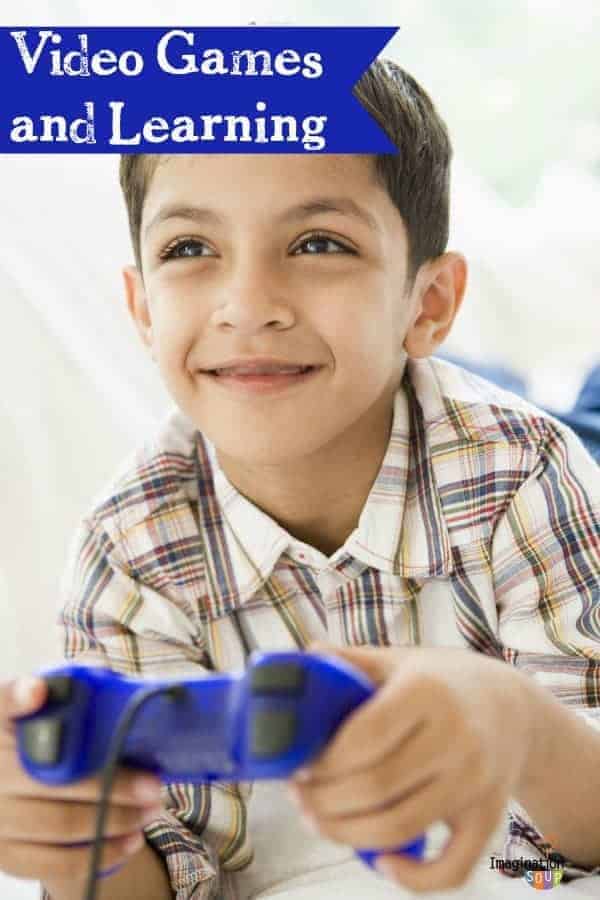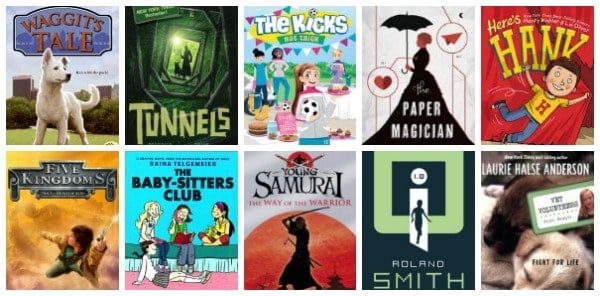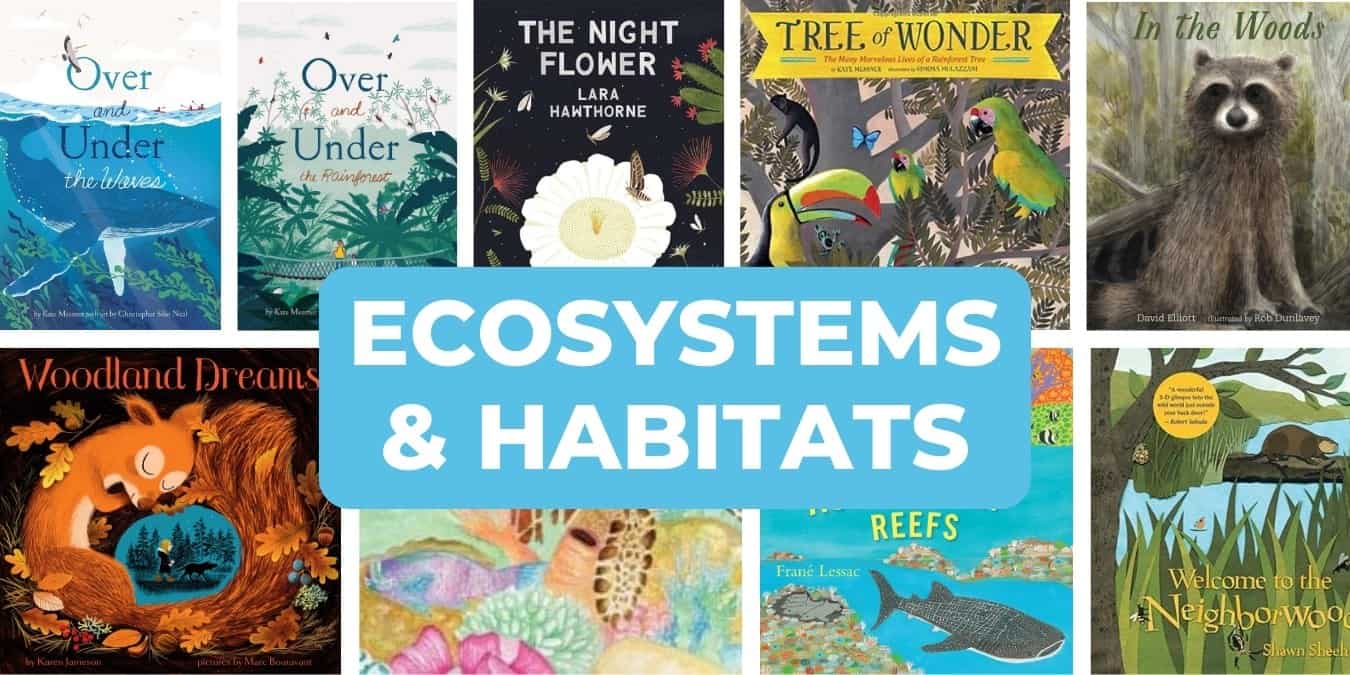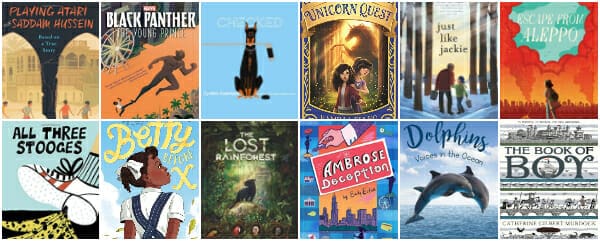Video Games and Learning
This post may contain affiliate links.
Video games can make kids better problem solvers. In fact, video games can promote thinking skills as well as improve spatial and fine motor skills. (That is, the good video games – NOT the non-violent, non-sexist, non-shoot ‘em up games which are mind numbing and detrimental, among other things!)
But, the research shows that video games develop the above mentioned skills and because they’re video games, it’s lots of fun.
According to eschool news, “Massachusetts Institute of Technology (MIT) [says that], games, when developed correctly and used appropriately, can engage players in learning that is specifically applicable to school curriculum.”
Cool.

Video Games and Learning
WRITING:
Some writing teachers use the game Myst to write descriptively. Teacher Tim Rylands says Myst makes writing fun for kids and he can back that up with proof. After he began using computers to help teach writing, his students improved their literacy skills tremendously.
HISTORY:
In Marco Visscher’s article for Ode Magazine, he writes about Making History, a game about World War II. The player makes decisions on spending, trading, partners, military strategies, negotiate with others all with the help of military, diplomatic and economic advisers. Apparently, kids who played this game learned a lot about World War II.
READING:
Books are often paired with video games, drawing kids into further reading and thinking. Scholastic’s 39th Clues, for example, gives players online clues for the book, and additional background details and information.
SKILL BUILDING:
Nick Decanter, vice president of Muzzy Lane Software says this, “What’s more important now than learning names and data are the skills to analyze that data and apply information to gain insight and make decisions . . . and games are, much more than books, extremely good at helping students learn this.”
A.D.D. THERAPY:
Another interesting and new use of video game learning is video game therapy. USA Today writes about a family who uses the video games to help with their boys ADD although the research has not yet concluded if indeed this is a beneficial type of therapy.
My Two Cents
Monitor the ratings of the video game ESRB rating symbols (on the front of the box) – appropriate ratings for kids are EC = early childhood and E = everyone.
Limit the use of video games. Video games can be beneficial in conjunction with other activities like outside play, sports, social time but will most certainly be detrimental if played excessively. The American Academy of Pediatrics (AAP) recommends that kids spend no more than 2 hours each day on screen time — watching TV or movies, or playing computer or video games.







I completely agree with the video games. My son loves playing games such as starfall.com which is an interactive reading site for kids. He also plays many games on preschool.kaboose.com with games for math and science up to a 5th grade level. He is only 5 and getting ready to start elementry school, but he can play older games and wants to figure them out. It really makes him proud of himself and leaves him reaching for more.
Thanks for your thoughtful comments! I’m in total agreement with the balance. If we do “screen time” during the week, it can only be a computer game and not television. At least computer games are interactive and educational. (The ones my kids play anyway.)
Terry, I’d really like to hear more about the how the DS focuses your 8 yr old. That’s really interesting. If you buy her one, will it be helpful and calming? Keep me posted on what you do!
Melissa
Your post is particularly timely for us as we struggle with should-we-shouldn’t-we buy a Nintendo DS. My 8YO is a swimmer and also has an autism spectrum diagnosis. I will say that when she plays one of her friend’s DSs before a race, she tends to get more focused and less agitated about all of the activity and the crowds around her. We see the same thing with music. She’ll ask to sit in the car (not practical at a meet) to hear the radio. It is VERY calming.
As both Dawn and Susan said, though, it is about balance. Yes, the screen time can help her, but not to the exclusion of living. It is neither a babysitter nor a panacea.
I agree. Video games, and any form of advanced technology really, can be beneficial when practiced in moderation.
The problem, I think , is that it’s becoming more and more difficult for people of all ages to keep it all in balance. 2 hours can pass very quickly, even if you’re just on the computer!
So, I try to limit my children with the battery-operated gadgets by encouraging them to read books-in-print, play board games, and get outside to enjoy nature and some fresh air! It’s important for them to get exercise too.
Thanks for pointing out that video games can be beneficial – and even educational. My son prefers the sports-related ones, which is all about the statistics! If he takes what he learns out onto the field, that’s the best of both worlds.
I guess it’s about balance, just like everything else. Technology is so inherently motivating for many of us, I am not surprised it can have powerful results when harnessed and used with commonsense.